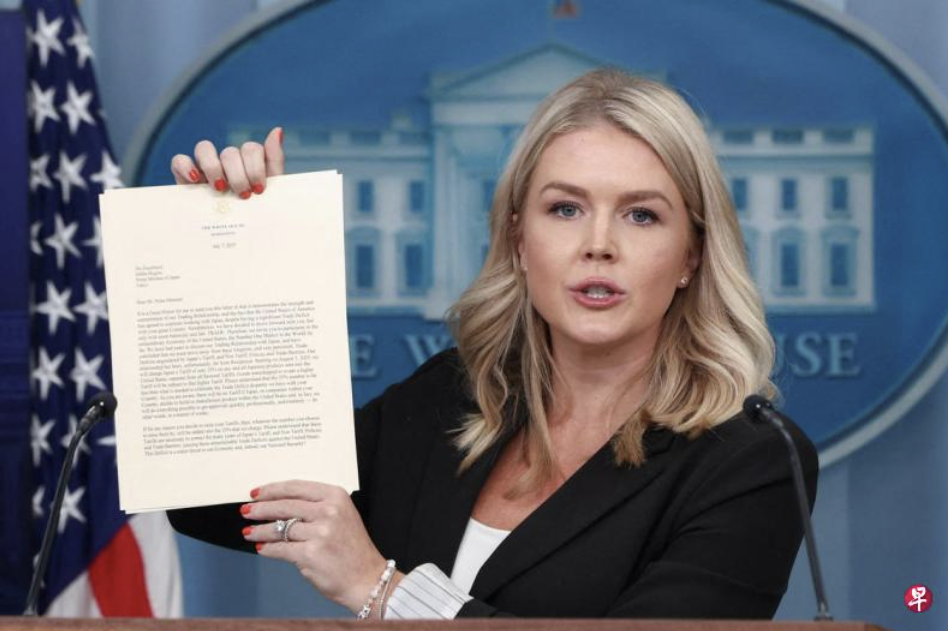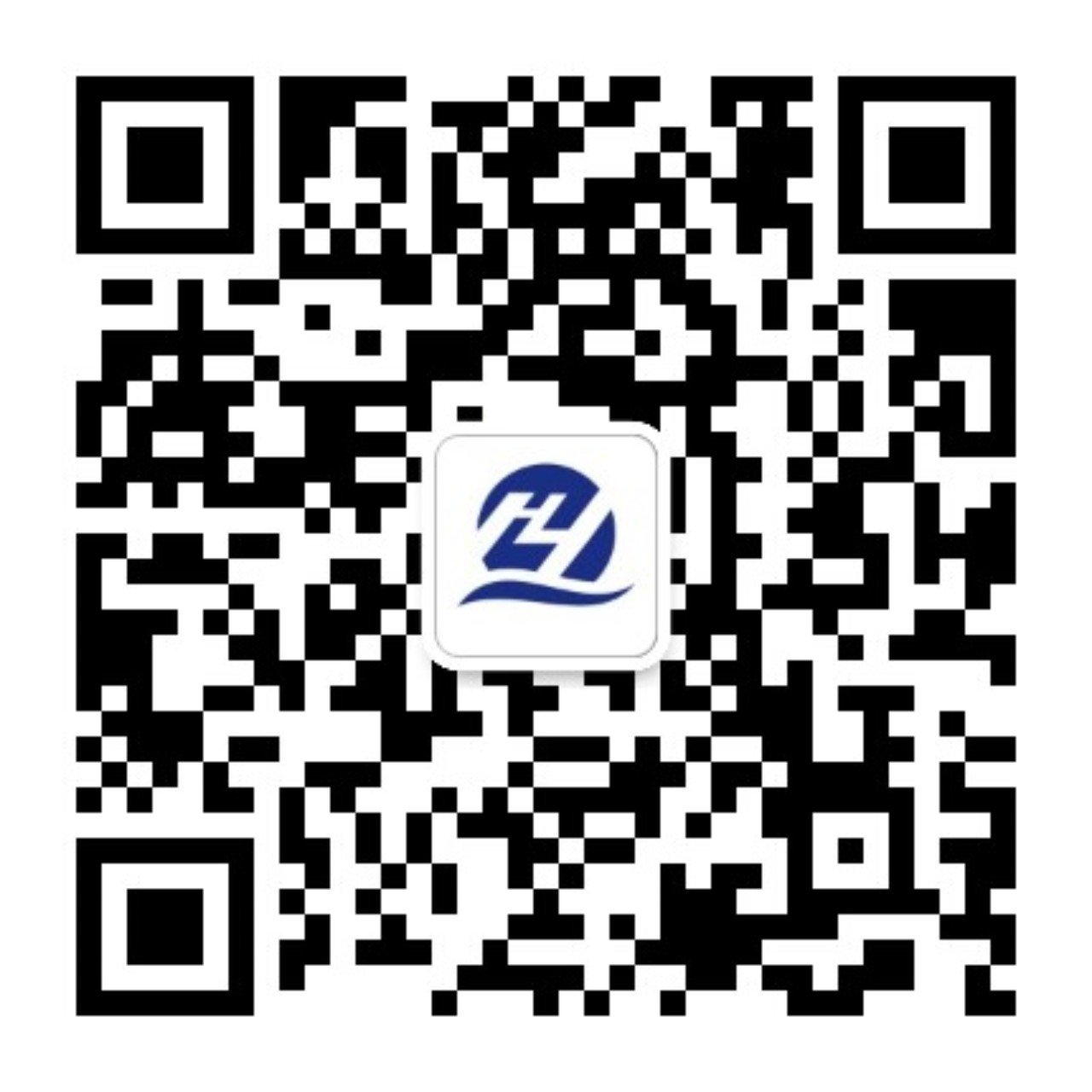 According to Lianhe Zaobao, US President Trump announced that he would impose a 25% tariff on imports from Japan and South Korea, effective from August 1. AFP reported that Trump said in a letter to the leaders of Japan and South Korea on Monday (July 7) US time that the tariffs would be implemented from August 1 because the trade relations between the two countries and the United States were "very unequal". This is the first time he has sent a letter to major trading partners before the deadline for reaching a trade agreement (July 9). In the "reciprocal tariff" list announced by Trump in early April, Japan faced a tariff rate of 24% and South Korea faced a tariff rate of 25%.
According to Lianhe Zaobao, US President Trump announced that he would impose a 25% tariff on imports from Japan and South Korea, effective from August 1. AFP reported that Trump said in a letter to the leaders of Japan and South Korea on Monday (July 7) US time that the tariffs would be implemented from August 1 because the trade relations between the two countries and the United States were "very unequal". This is the first time he has sent a letter to major trading partners before the deadline for reaching a trade agreement (July 9). In the "reciprocal tariff" list announced by Trump in early April, Japan faced a tariff rate of 24% and South Korea faced a tariff rate of 25%.
In the afternoon of the same day, Trump announced a 25% tariff on Malaysia, Kazakhstan and Tunisia, a 30% tariff on South Africa, and a 40% tariff on Laos and Myanmar. Other countries subject to tariffs include Indonesia (32%), Bangladesh (35%), Thailand and Cambodia (36%), Bosnia and Herzegovina (30%), and Serbia (35%).
However, Trump hinted that the two sides could still negotiate and warned that any retaliatory measures would be met with an equal response. "If for any reason you decide to raise tariffs, then whatever number you choose, those numbers will be added to the 25% we impose," Trump wrote. In these letters, which are almost identical in content, Trump warned the leaders of the recipient countries that if they want to raise tariffs in response, the United States will raise tariffs of the same amount on top of this rate. At the same time, if these countries or their companies decide to produce products in the United States, they will not be subject to tariffs. If the relevant countries open their domestic markets to the United States and eliminate tariffs and non-tariff trade barriers at the same time, then "we may adjust the content of this letter, and the relevant tariff rates can be adjusted up or down, depending on the relationship between our countries."
Trump issued tariff orders within 72 hours, launching indiscriminate attacks on 12 countries including Japan and South Korea (tax rates of 25%-40%). The core logic is still to exert pressure on "reciprocal trade". There is a three-week negotiation period before it takes effect on August 1, but the US side clearly warned that "retaliatory tariffs will be superimposed" (for example, if South Korea retaliates by 10%, the actual tax rate will rise to 35%). The US side uses tariffs to force the industrial chain to return to the United States, while using "adjustable tax rates" to induce countries to open their markets. This is both a threat and a trading signal. Although the Sino-US tariff war has been temporarily suspended, the new tariff storm still hits China's foreign trade. In order to cope with the high-frequency changes in global tariff policies,Hanyue International recommends that cargo owners avoid Thailand/Cambodia (36% tariff) routes and give priority to Vietnam (not yet on the list) for transit. If you need help, please contact Hanyue International customer service staff. Our company provides full assistance and full-plan escort to help you make accurate decisions in the changing situation, maximize the avoidance of cost losses and operational risks, and defend the competitiveness of the supply chain.






